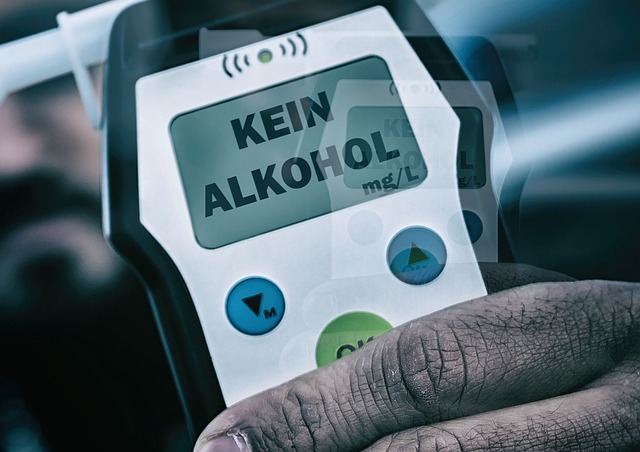College campuses are tackling DUI (Driving Under the Influence) among students through innovative strategies beyond traditional law enforcement. They offer alternative sentencing like community service and educational workshops, focusing on awareness and responsible decision-making to reduce recidivism rates. Initiatives such as student participation in sobriety checkpoints have proven successful in decreasing campus-related DUIs and fostering accountability, ultimately aiming to achieve College Campus DUI Prevention goals.
In the realm of college campus safety, understanding and addressing DUI (Drunk Driving Under Influence) prevention is paramount. This article delves into the current scenario surrounding College Campus DUI Prevention, exploring alternative sentencing options for offenders that go beyond traditional methods. We examine successful strategies implemented by various college campuses, shedding light on innovative approaches that not only deter DUI but also foster a safer environment for students and communities.
- Understanding College Campus DUI Prevention: The Current Scenario
- Exploring Alternative Sentencing Options for DUI Offenders
- Implementation and Impact: Successful Strategies for College Campuses
Understanding College Campus DUI Prevention: The Current Scenario

College campuses across the nation have been grappling with the complex issue of DUI (Driving Under the Influence) prevention among students. The current scenario presents a unique challenge, as young adults, often in a new and potentially liberating environment, face the allure of alcohol and its immediate effects. This is further exacerbated by the social dynamics and peer pressure prevalent on college campuses, making it crucial to implement targeted strategies for DUI prevention.
The traditional approach to law enforcement and punishment may not always be effective in this context. Therefore, many colleges are exploring alternative sentencing options and educational programs as part of their College Campus DUI Prevention initiatives. By offering alternatives like community service projects, participation in awareness campaigns, or mandatory attendance at educational workshops, institutions aim to raise consciousness about the dangers of impaired driving while providing a more nuanced understanding of responsible decision-making.
Exploring Alternative Sentencing Options for DUI Offenders

In the realm of College Campus DUI Prevention, exploring alternative sentencing options is a vital strategy to supplement traditional approaches. Beyond mere punishment, these alternatives focus on rehabilitation and responsible behavior modification. By offering diverse sentencing paths, the goal is to reduce recidivism rates among DUI offenders who are often young adults navigating their first significant legal issue.
Alternative sentences can include community service projects tailored to college campuses, such as alcohol education workshops or participation in local safety initiatives. Additionally, structured counseling programs and substance abuse treatment plans can be implemented, providing offenders with the tools needed to make healthier choices. These innovative approaches not only cater to the specific needs of college students but also foster a culture of responsibility and peer support, potentially preventing future DUI incidents.
Implementation and Impact: Successful Strategies for College Campuses

Many college campuses have been pioneering innovative approaches to DUI (Driving Under the Influence) prevention, with alternative sentencing strategies proving particularly effective. One successful method involves community service programs tailored to the specific needs of the campus community. For instance, students can participate in sobriety checkpoints, where they assist law enforcement in conducting safe checks, promoting awareness and deterring potential drunk drivers. This not only helps in DUI prevention but also fosters a sense of responsibility among peers.
The impact of such initiatives has been significant, leading to reduced incidents of campus-related DUIs and fostering a culture of accountability. These strategies offer a more holistic approach, addressing the root causes of impaired driving among young adults. By engaging students directly in prevention efforts, college campuses are equipping them with valuable insights and personal connections to make safer choices, ultimately contributing to the broader goal of College Campus DUI Prevention.
Alternative sentencing options for DUI offenders, particularly on college campuses, offer a promising approach to complement traditional punishment methods. By implementing programs that focus on education, community service, and rehabilitation, colleges can effectively prevent future incidents of campus DUI while promoting accountability. Successful strategies highlighted in this article underscore the importance of tailored interventions that address the unique challenges faced by college students. Embracing these alternative approaches can significantly contribute to enhancing College Campus DUI Prevention efforts and fostering safer environments for all.






